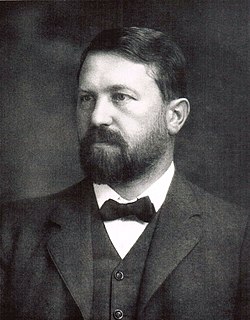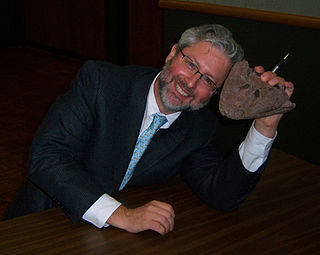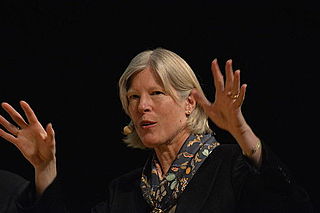A Quote by Sam Kean
Except for certain moments - when cells are dividing, for instance - chromosomes don't form compact, countable bodies inside cells. Instead, they unravel and flop about, which makes counting chromosomes a bit like counting strands of ramen in a bowl.
Related Quotes
For it is not cell nuclei, not even individual chromosomes, but certain parts of certain chromosomes from certain cells that must be isolated and collected in enormous quantities for analysis; that would be the precondition for placing the chemist in such a position as would allow him to analyse [the hereditary material] more minutely than [can] the morphologists ... For the morphology of the nucleus has reference at the very least to the gearing of the clock, but at best the chemistry of the nucleus refers only to the metal from which the gears are formed.
When the finely tuned balance among the different parts of bodies breaks down, the individual creature can die. A cancerous tumor, for example, is born when one batch of cells no longer cooperates with others. By dividing endlessly, or by failing to die properly, these cells can destroy the necessary balance that makes a living individual person. Cancers break the rules that allow cells to cooperate with one another. Like bullies who break cooperative societies, cancers behave in their own best interest until they kill their larger community, the human body.
Most of our brain cells are glial cells, once thought to be mere support cells, but now understood as having a critical role in brain function. Glial cells in the human brain are markedly different from glial cells in other brains, suggesting that they may be important in the evolution of brain function.




































